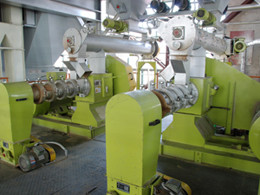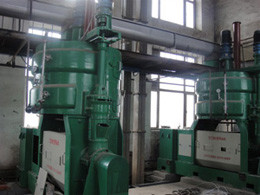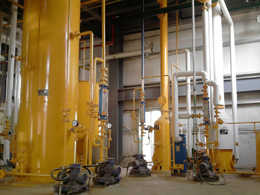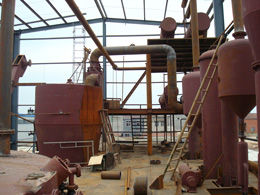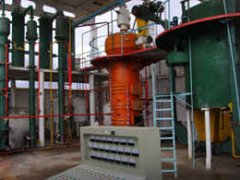refinery of canola
Refinery of canola is reffered to as the refining process of canola oil. Maybe we always think that after the extraction process, the oil could be used in our daily life, but the reality is not as you think.
Refinery of Canola
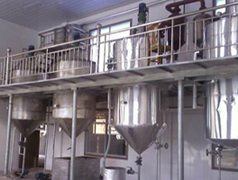
The oil which is processed of the extraction process is referred to as "crude oil" because the extracted oil also contains a number of compounds which must be removed to ensure a product with good stability and shelf-life, which called refinery of canola. These impurities include phospholipids, mucilaginous gums, free fatty acids, color pigments and fine meal particles. Different methods are used to remove these by-products including water precipitation or organic acids in combination with water. Once removed, these by-products are added to the canola meal fraction in order to increase its feeding value (energy) and make it an even more nutritious product.
Following water precipitation and/ organic acid processing, the oil will still contain color compounds which, if not removed would make it unattractive to the consumer and also reduce its stability. These compounds are extracted through a process called bleaching. In contrast to what may be implied by the term, bleaching does not involve the use of harsh chemicals. Instead, during the bleaching process, the oil is moved through a natural, diatomaceous clay to remove color compounds and otherby-products.
Deodorization is the last step in the refinery of canola of all vegetable oils, including canola. Deodorization involves the use of steam distillation with the objective being the removal of any residual compounds which, if retained, could impart an adverse odor and taste to the oil. The oil produced is referred to as "refined oil".
Canola and Canola Oil
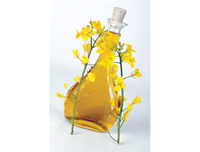
Canola refers to a cultivar of either rapeseed or field mustard. Canola seeds are used to produce edible oil suitable for consumption by humans and livestock. The oil is also suitable for use as biodiesel.
Canola oil is made from canola seed. Canola oil is pressed from tiny canola seeds produced by beautiful yellow flowering plants of the Brassica family. Canola was bred naturally from its parent rapeseed in the early 1970s. Canola, however, is NOT rapeseed - their nutritional profiles are very different.
when are always your trusted supplier who can serve you in the refinery of canola. anytime you are interested in our products or services, please feel free to contact us!
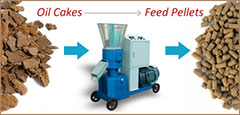


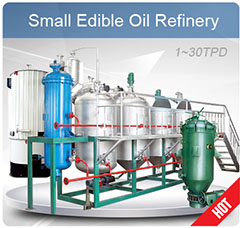
Want to set up a mini mustard oil mill of your own ? With the rapid ...
Mustards are part of the oilseed family and are regarded both as a s...
Interested in begin a small size corn oil extraction plant but dont ...
Do you want to make the edible rice bran oil at from using your mill...

